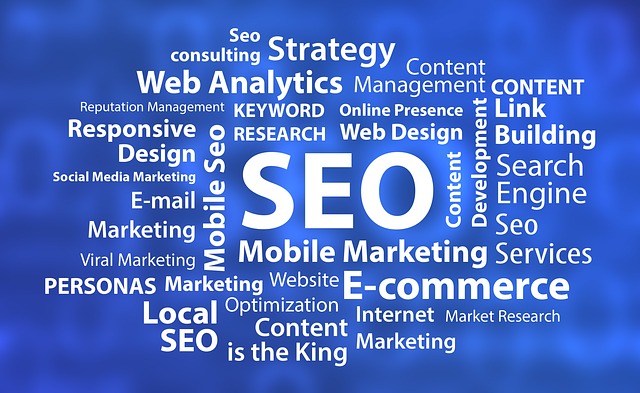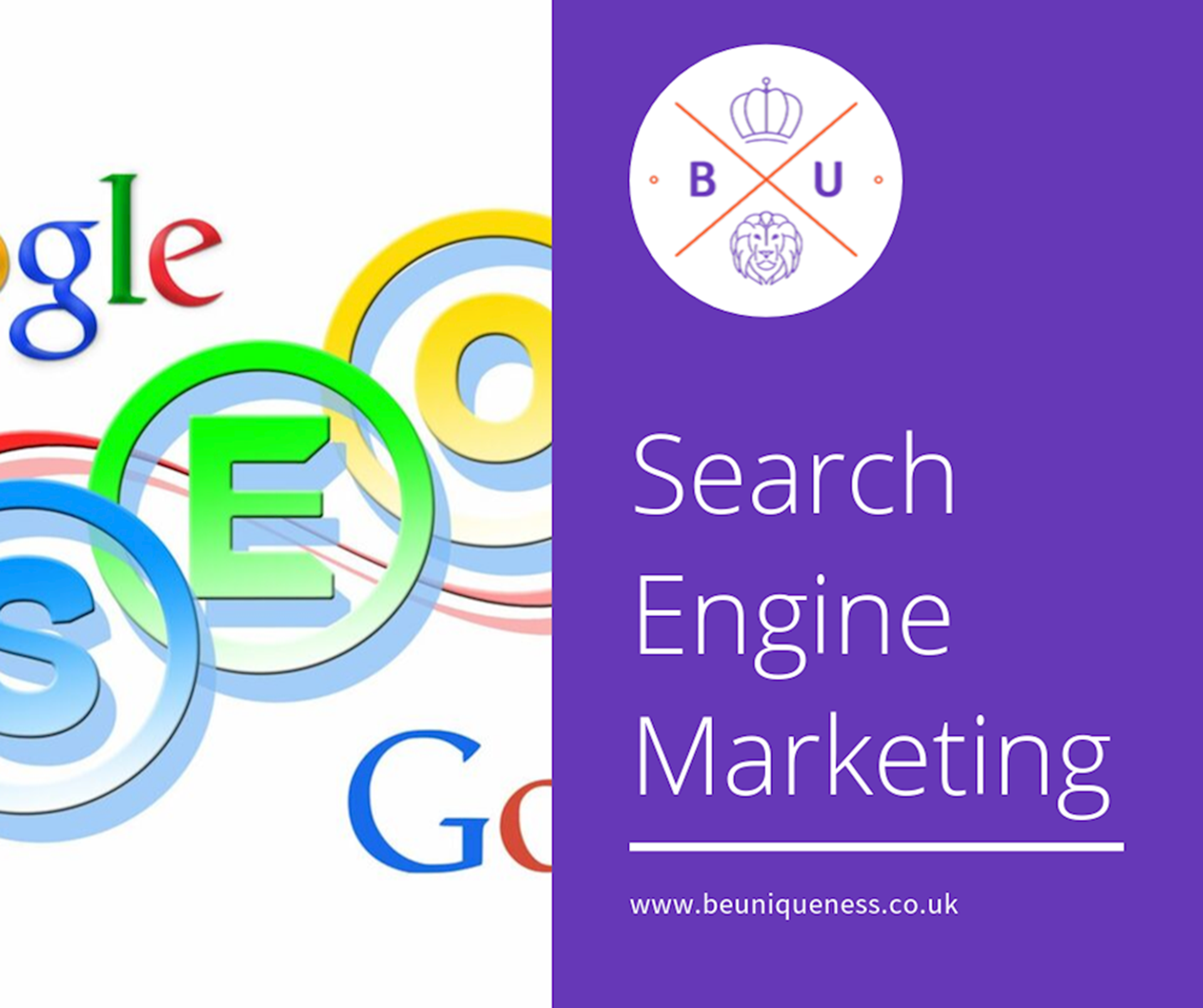Understanding how SEO can help your business
By Charlie Britten
28 Feb 2019
Search Engine optimisation (SEO) may not be something that everybody knows about, but most people have engaged with it, even if only indirectly.
Every time you visit a search engine and enter a search term, you will get a series of results that correspond with it, starting with the best matches. You will often also see a range of images at or near the top of the listings, as well as some links to pages covering similar topics.
For example, suppose you have an issue with a business contract and you enter the term ‘contract law’ into a search engine. This will result in a series of links to websites ranging from online guides to the law to legal firms specialising in this area.
This is the sort of thing you will commonly find for whatever topic you search for, particularly searches using just one or two words.
Why do you need to understand SEO?
None of this happens by accident. Search engines use computer programmes called algorithms to monitor what words and phrases people often look for and therefore know what the popular searches are. In some cases, a search can bring up hundreds of thousands of results.
SEO is a process that includes producers of online content include words and phrases that are likely to be searched for by a lot of people. The aim of ‘optimising’ content is help it appear prominently in search engine rankings. The higher the ranking, the more likely people will see the link and click on it.
For example, legal content writers will work to produce optimised law marketing blogs to get their services mentioned as high as possible in the search rankings. Of course, when a word appears frequently online this is not a straightforward task. But there are several ways optimised content can be produced that can help boost rankings.

In addition to keywords, the following can help enhance SEO
- Good backlinks with high levels of authority
- Good images and videos
- Length (longer content ranks higher)
From here, good content will then seek to lead people through the subsequent stages of the buyer journey. This continues with the consideration stage before customers make a decision on whether to buy the goods or services on offer. After that, the focus will move on to customer retention.
How can you use keywords effectively?
While many people search using terms of one or two words, SEO can also use longer strings of words. For example, imagine the case of a person who has a tenancy dispute with their landlord. A search under ‘landlord’ or ‘tenant’ may not provide the information they look for, but ‘How to deal with a tenancy dispute with my landlord’ should provide much more relevant results.
This is all down to the difference between what are known as 'short-tail keywords' and 'long-tail-keywords'.
- A short-tail keyword may use just one or two words.
- A long-tail keyword contains many. It is designed to enable more focused and specific searches to take place.
Long-tail keywords work because of the way algorithms have been developed. They are intelligent enough to recognise what a search is about even if it does not have a precise form or order of words, simply by picking out the most important words.
Keywords also need to be relevant in other ways.
- For example, it is important when considering that searches may be international to avoid terms that could mean different things in different places.
- A case in point would be a word like "solicitor”, which is a legal position in Britain, but a salesperson in the US.
SEO is not just about keywords, however. Images are part of content and they can help push your rankings higher. Having some pictures that are relevant to your services both helps the rankings and can increase the visibility of the link. So too does authoritative content.
This is particularly true in digital marketing for e-Commerce in the UK, because consumers like to see good images of the products they are thinking of buying.
What do you need to know about technical SEO?
There is also a technical side to SEO. Optimising content requires the right codes to be used to ensure sites can be easily accessed. An example of this is including the correct codes for mobile internet access. It also involves ensuring your site does not have a slow download. This requires using technical tools to identify troubleshoot the causes of this.
Furthermore, technical SEO applies both ‘on page’ - which depends on good optimisation and the creating of a good experience for readers, as well as ‘off-page’, which involves integrating good external links to sites that are relevant and will load correctly.
Above all, it is also important that your SEO is tied in with the rest of your content marketing strategy. This is a much broader subject, of course, but the key point is to make sure that your optimisation work is focused on bringing in traffic that is relevant to the whole of the buyer journey.
How BeUniqueness can help
As one of the top marketing agencies in Manchester, BeUniqueness can offer extensive knowledge and expertise in how to use SEO as part of a digital marketing strategy. With our help, we can ensure every step is taken to optimise your content, giving it the best possible chance of reaching the sunny uplands of the first page of search rankings.
